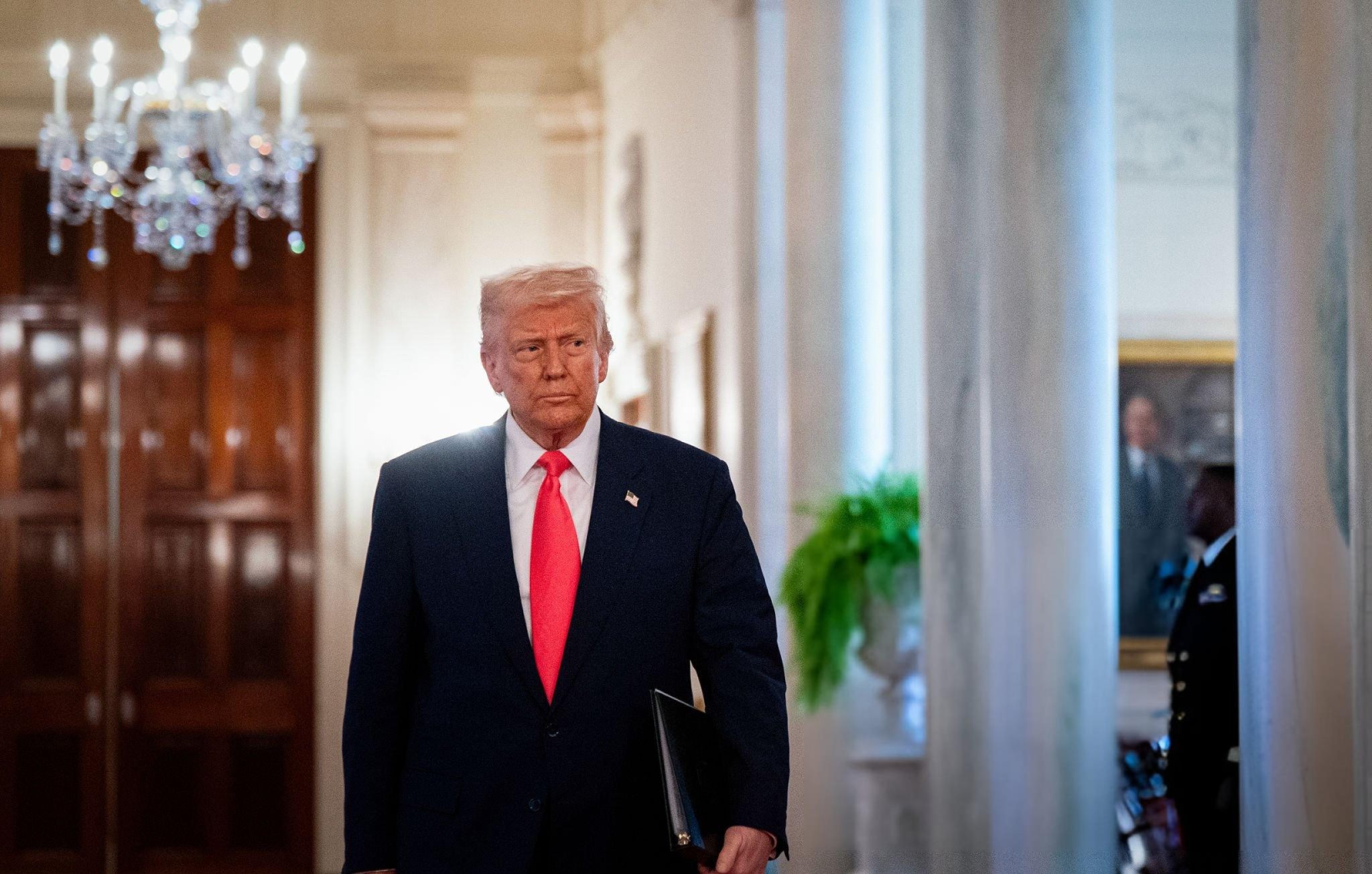Goldman Sachs slashes auto sales forecast by nearly 1 million units amid tariff turmoil
The US car industry has been dealt another blow as Barclays downgraded its outlook for the auto and mobility sector to “negative” from “neutral”, citing rising concern over the impact of Donald Trump’s protectionist tariff policies. The British banking giant warned that the Republican frontrunner’s trade stance could seriously undermine earnings and investment across the industry.
The downgrade, announced Tuesday, follows a similar move by Goldman Sachs last week, which cut its forecast for US automobile sales this year by nearly one million units. Analysts at both firms said mounting trade barriers and ongoing policy unpredictability are taking their toll on consumer sentiment, supply chains, and industry confidence.
Barclays analyst Dan Levy said, “Amid a highly challenging environment, making a near-term investment case for the autos sector is increasingly difficult. Auto tariffs are seemingly here to stay, and valuations are not pricing in full tariff risk.”
Although Trump has backpedalled on some proposed tariffs — exempting several nations and Chinese product categories in a recent U-turn — key duties remain firmly in place. A 25% tariff continues to apply to imports of cars, auto parts, steel and aluminium from most countries, including long-standing allies such as the UK.
Goldman Sachs warned that these measures have already caused a sharp downturn in consumer confidence and raised the cost of vehicle manufacturing in the US, prompting companies to scale back production and shelve investment plans.
In Europe, French Prime Minister François Bayrou condemned Trump’s trade war as a “tsunami of destabilisation”, accusing the former president of turning his back on global norms. Speaking at a budget press conference in Paris, Bayrou said, “The fact that this power has gone over to the side of the aggressors is a dramatic turn of events, a warning shot that ruins our fundamental vision of the world.”
Back in Washington, there appears to be no cohesive strategy. Trump’s deputy, Senator JD Vance, has hinted that a trade agreement with the UK could be on the cards, raising hopes among British exporters. However, with tariffs still in force and Trump’s rhetoric often shifting by the day, many in Westminster remain sceptical.
Trump’s tariffs have triggered retaliatory measures from China, which imposed import levies of up to 125% on US goods after Washington slapped tariffs of up to 145% on Chinese exports. The result has been a full-blown trade war that has rattled global markets and wiped trillions off share values worldwide.
Currency markets reflected the broader uncertainty on Tuesday. The dollar, bruised by months of erratic tariff manoeuvring, hovered near a three-year low against the euro and a six-month trough against the yen. The euro edged slightly lower to $1.1343, just below last week’s peak of $1.1474. The dollar slipped 0.2% against the yen to 142.855, close to Friday’s six-month low of 142.05.
The Swiss franc held steady, with the dollar flat at 0.8144 francs, having hit a 10-year low last week. Sterling, meanwhile, edged higher to $1.3240 from $1.3174 at Monday’s close.
Markets were briefly buoyed after the US administration removed smartphones and other consumer electronics from the China tariff list over the weekend. However, analysts warned that the relief would likely be temporary.
Antje Praefcke, strategist at Commerzbank, summed up investor frustration: “With every U-turn in his ‘dealmaking’, the US president destroys further planning security and even more trust. I ultimately do not expect any significant recovery in the US dollar as long as this uncertainty persists.”
As the world’s largest car market falters under the strain of unpredictable policy and punitive tariffs, industry leaders are urging Washington to reconsider its stance before more damage is done — but so far, the road ahead remains worryingly unclear.






